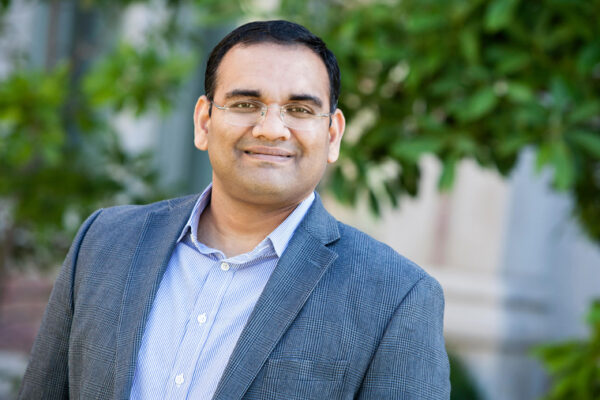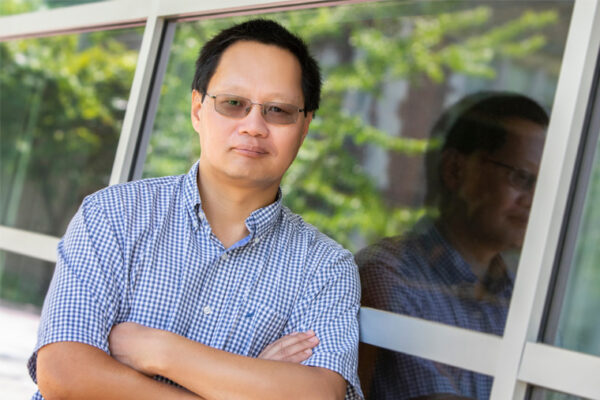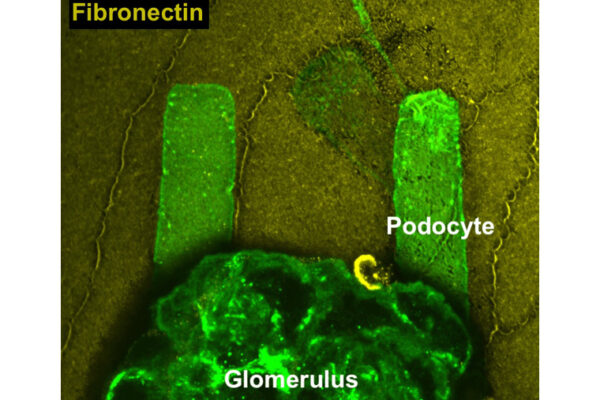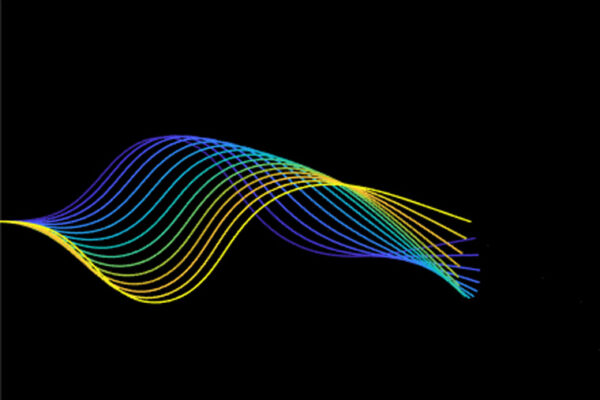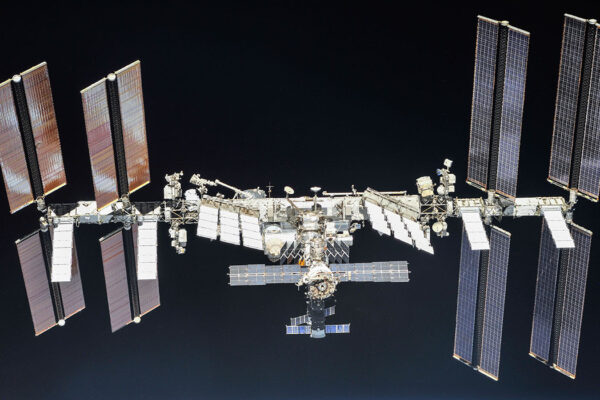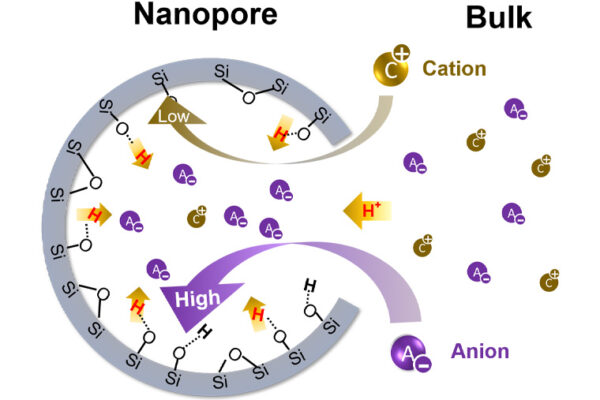Ramani named fellow of Electrochemical Society
Vijay Ramani at the McKelvey School of Engineering is one of 15 new fellows of the Electrochemical Society, recognized for his contributions to the field.
Water-based gel to be tested as dressing for diabetic wounds
Jianjun Guan at the McKelvey School of Engineering was awarded a four-year $1.8 million grant from the National Institutes of Health (NIH) to develop a new dressing for chronic wounds in people with diabetes.
New technology offers pathways to finding treatments for kidney disease
Research from the McKelvey School of Engineering and School of Medicine aims to overcome a critical barrier in kidney disease research with a new way to culture specific kidney cells.
Push, pull or swirl: the many movements of cilia
Louis Woodhams and Phil Bayly’s team at the McKelvey School of Engineering built a model to better understand how certain cilia — tiny, hairlike structures throughout our body — beat.
TIGERISS roars toward space station spot
Physicists from Washington University in St. Louis are developing a new experiment as part of NASA’s Astrophysics Pioneers Program. Brian Rauch in Arts & Sciences is leading the effort, which will investigate the origins of heavy elements in the universe and has a $20 million cost cap.
Artemis launch brings us closer to space exploration goals
On Monday, Aug. 29, NASA plans to launch its Orion spacecraft from the world’s most powerful rocket for a trip around the moon. Lunar scientist Bradley L. Jolliff in Arts & Sciences explains why the Artemis mission represents the next great leap in human exploration of space.
Boundless
A rumination on space and the human capacity to imagine.
Distress leads to higher COVID vaccine rates, less adherence to distancing guidelines
New research from the Department of Psychological & Brain Sciences in Arts & Sciences indicates that fear-based messaging may result in mixed effects when it comes to public health.
Modified nucleotides used in COVID-19 vaccines work as designed
Biologists in the laboratory of Hani Zaher in Arts & Sciences examined the modified nucleotides used in COVID-19 vaccines. The modifications faithfully produce the protein products as designed, a welcome sign for future RNA therapeutics.
Understanding outsize role of nanopores
Researchers from the McKelvey School of Engineering discover the conditions inside tiny pores can have big consequences for chemistry.
Older Stories
